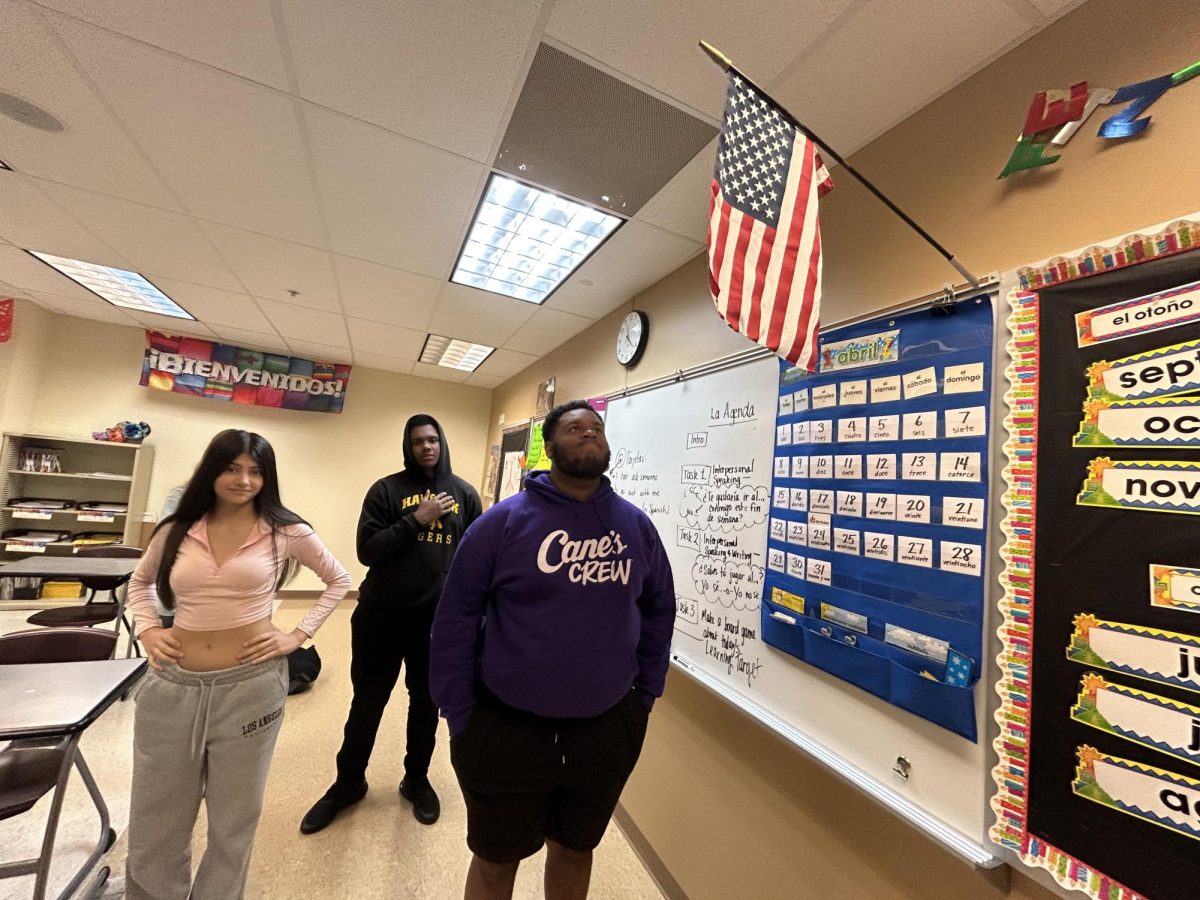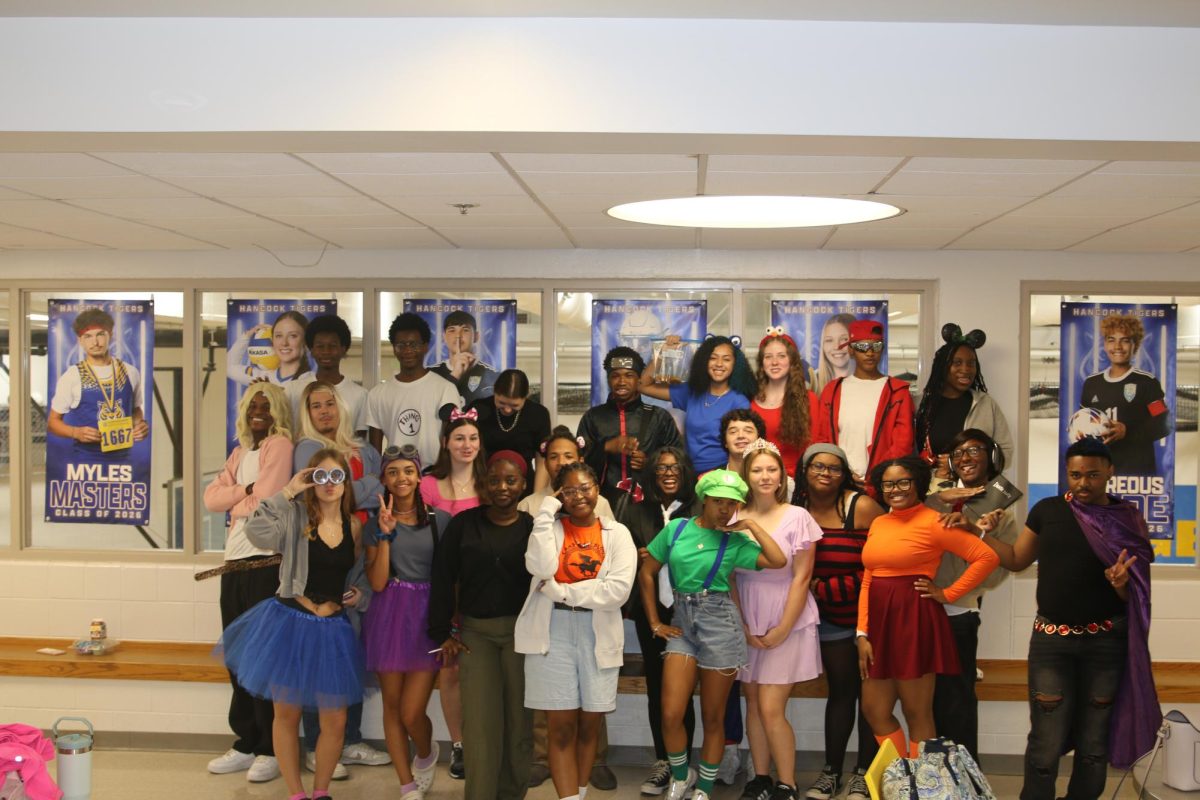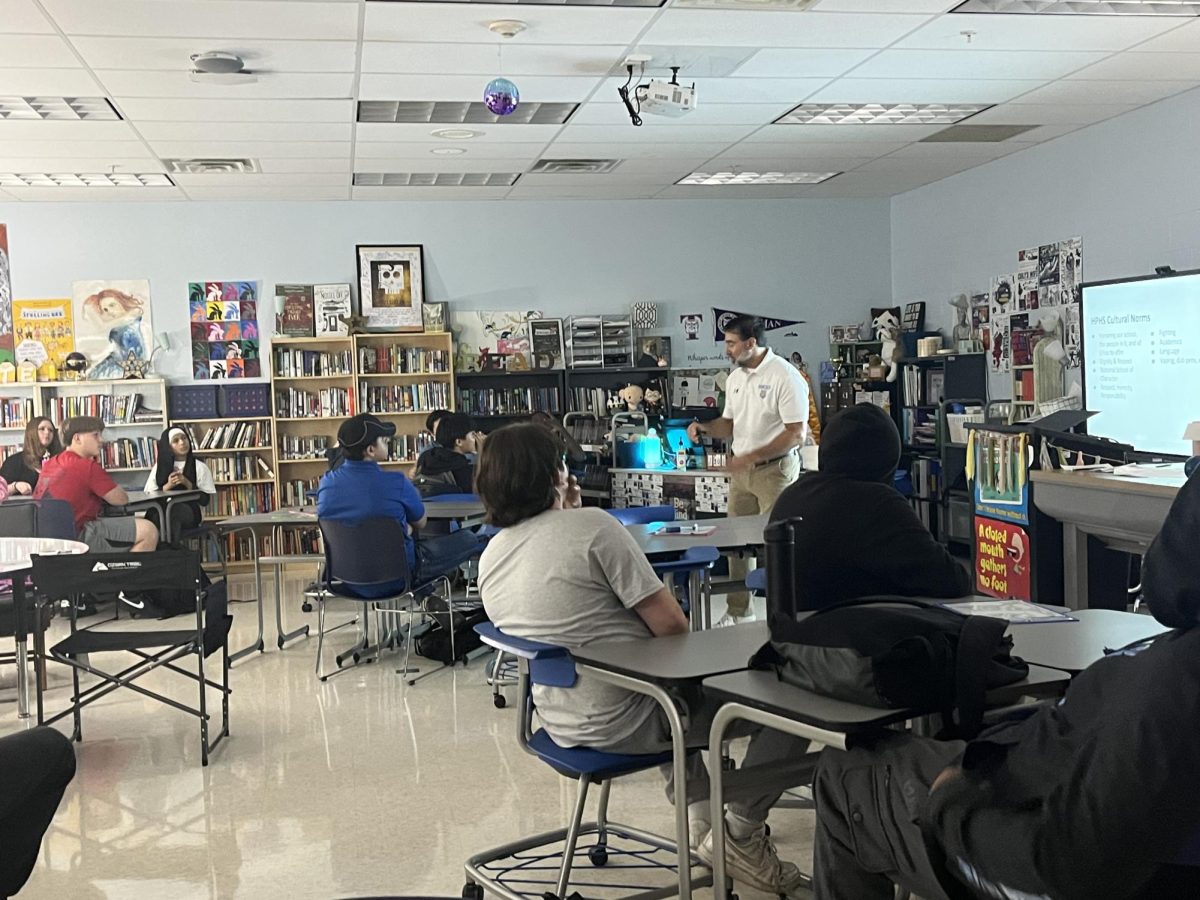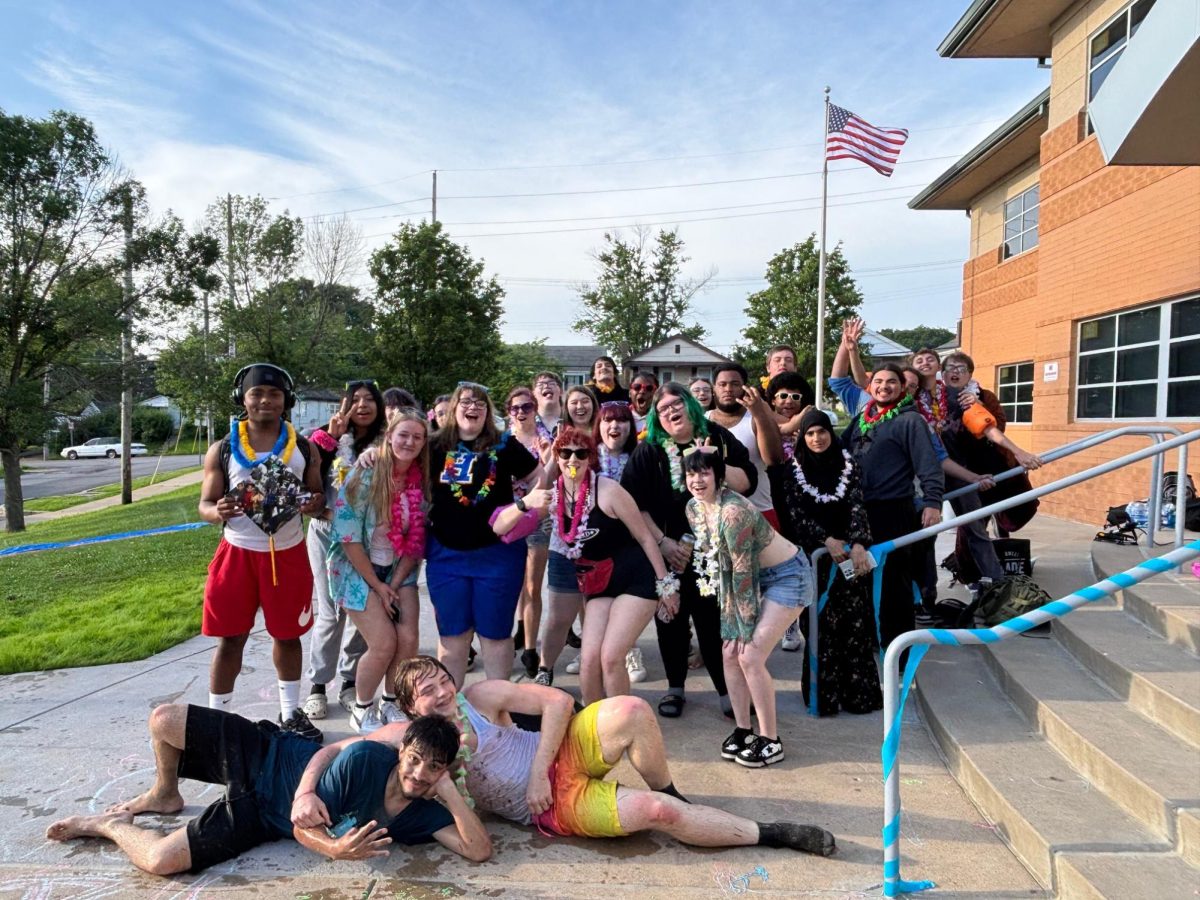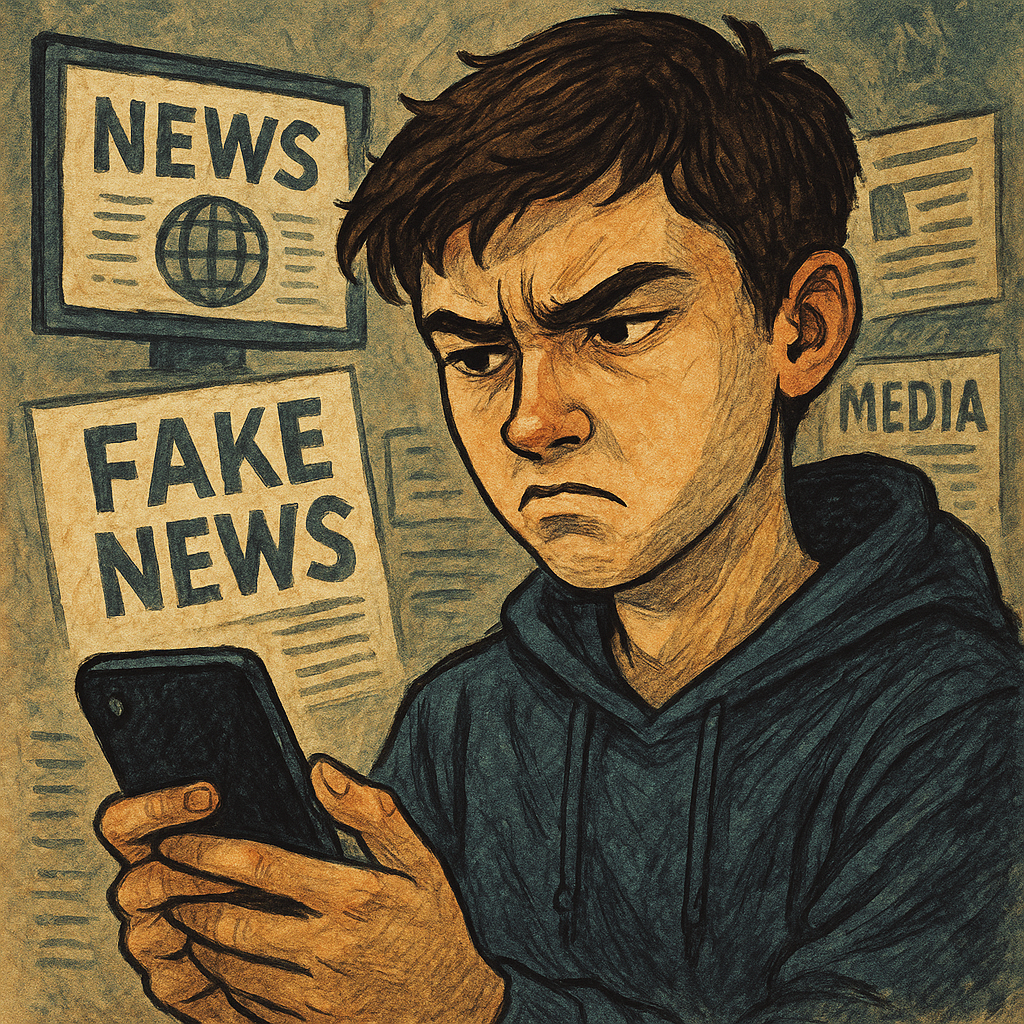“I pledge allegiance to the flag of the United States of America…” Students hear these words every morning, The Pledge of Allegiance. But, why do people have to say it in schools? The truth is, you don’t. Thanks to the First Amendment.
Every school in Missouri that is supported by public money has to ensure that the Pledge of Allegiance is recited at least once a day. You may be surprised to know. In four states – Florida, Pennsylvania, Texas, and Utah – permission from a parent or guardian is required to opt out of saying the pledge.
In August 1892 Francis Bellamy wrote “The Pledge of Allegiance” to promise loyalty to the US, but it is still used in schools and other public buildings over one hundred years later. On October 12th, 1892 schools started implementing the pledge as a symbol of unity after the Civil War.
At HHS the Pledge of Allegiance is done in the morning along with announcements.
“We do it as a school to set a good example,” HHS Principal, David Williams said. “It’s important to recognize the soldiers who fought for us.”
Considering most countries don’t do this, nor enforce it in schools it can be a weird experience for students who aren’t from America.
“Doing it as a country is understandable, but as a school requirement, was something I needed to get used to,” Roos Verschooren, a student from Belgium who attended HHS for a semester, said.
There are plenty of students who enjoy participating in the pledge. Most of them have certain beliefs, or maybe even family members who have fought, and they believe they must pledge. Some think showing respect, dignity, and loyalty to our country and those who have died fighting for it is essential.
“My personal opinion is that it’s just tradition, and when the pledge happens I like to stand for it,” Damian Milner (11) said.
On the opposing side, many students don’t stand for the pledge. Possible reasons someone might want to opt out of the Pledge is due to religion and its time-consuming in the early morning. Many believe doing the Pledge makes them feel like swearing to something they don’t believe in. Some even say that they feel like the Country hasn’t lived up to its promises. Others say they feel like they are in some kind of weird promise,
“I don’t stand, because it seems like a cult. It’s a bit scary, and putting your hand on your heart seems weird,” Freshman Marwa Hadad said.
Regardless of students’ opinions on the Pledge of Allegiance, at HHS teachers and staff allow us to decide whether we stand or not.
“I think they [students] might have reasons not to participate, and I don’t want to keep them from making choices,” CA 3 teacher, Elizabeth McMurray said.


